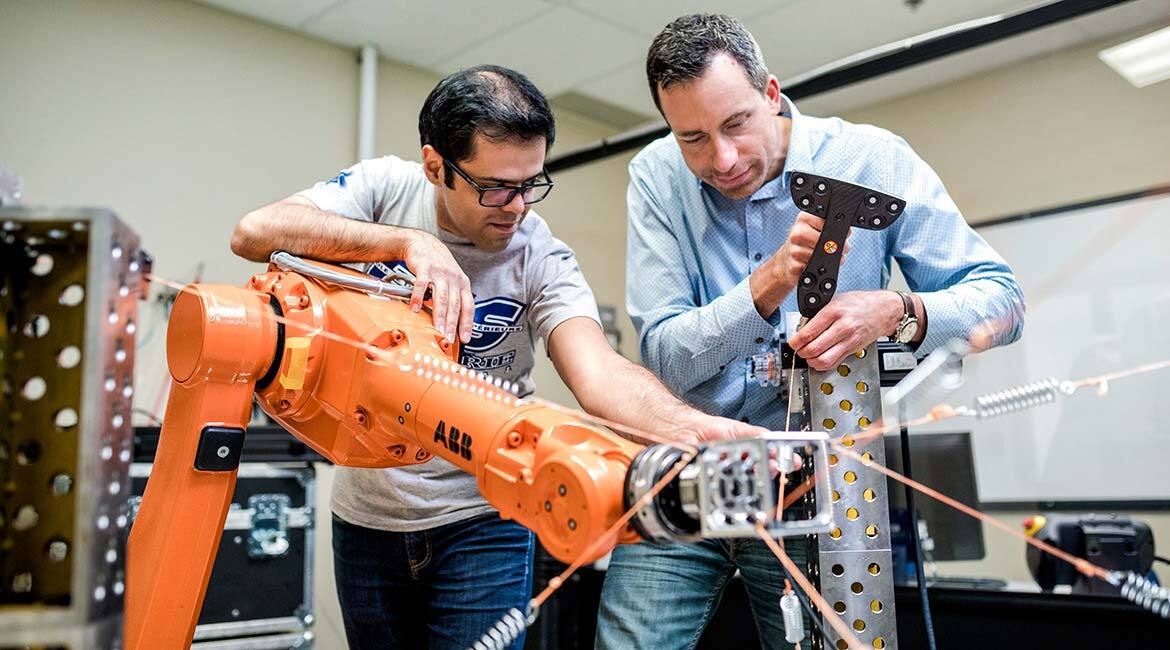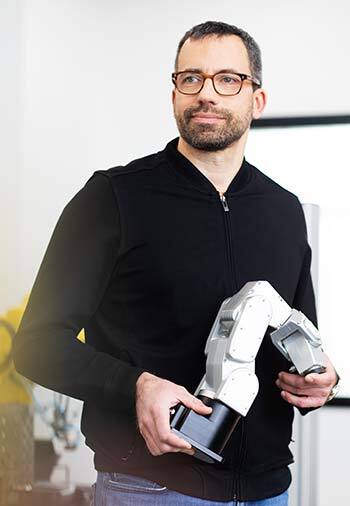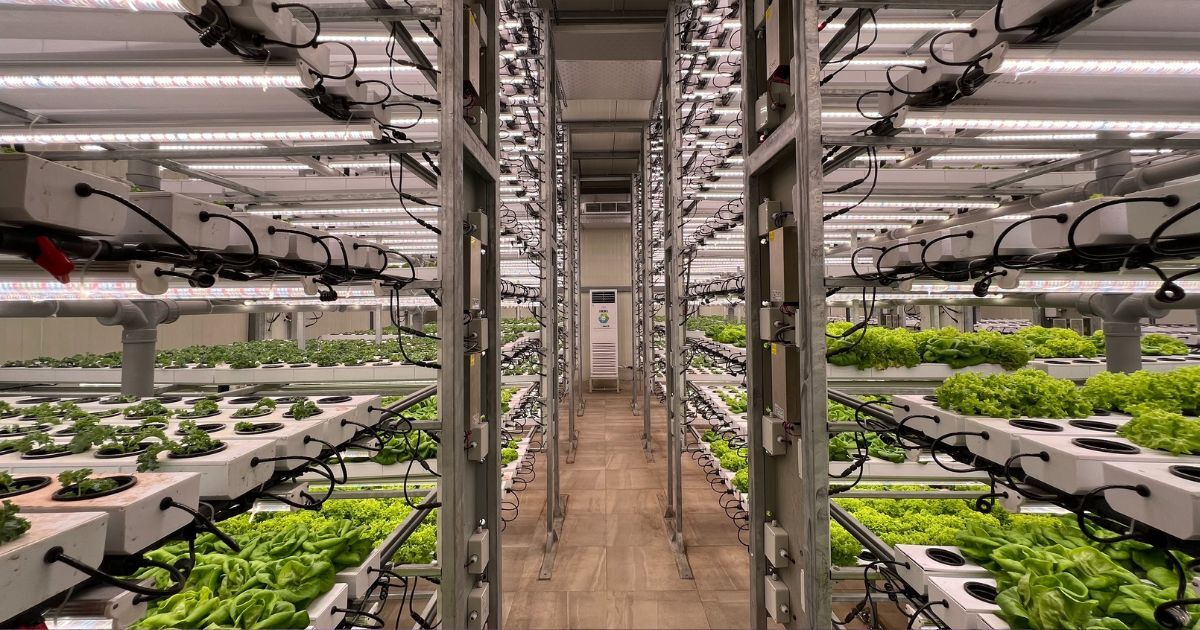The Professor Who Talks to Robots

The image is the property of ÉTS. Copyright.
Professor Ilian Bonev’s love of mathematics, and more specifically geometry and algebra, led him to work with robots. Through his research, he aims to give them the intelligence needed to perform complex tasks.
Since 2004, Professor Ilian Bonev has been teaching Industrial Robotics in the Systems Engineering Department at ÉTS. He also directs the Control and Robotics Laboratory (CoRo) for applied research in robotics, specifically precision and parallel robotics, cobotics, mechatronics and haptic systems.
In Professor Bonev’s own words, “At the beginning of my career, I was more interested in parallel robots developed from scratch with my students,” but since being awarded the Canada Research Chair in Precision Robotics, his work has focused on this area.
Driven by his interest in practical robotic applications, Ilian Bonev cofounded Mecademic in 2013 with an ÉTS graduate. The company manufactures small precision robots that are being used by some of the biggest smart phone manufacturers and hundreds of other companies.
Making Robots Intelligent
This foray into the industrial world combined with the courses he teaches in industrial robotics increased his desire to do applied research and development for real applications. “Being in contact with customers makes you realize what they are interested in, what they need.”
Specifically, about 80% of industrial robots used are manipulators that transfer objects in space or perform simple tasks. These applications are very simple and do not require further research.
Ilian Bonev and his teams are working on the remaining 20% of applications—those where robots perform very complex and advanced tasks.
By adding components and systems like cameras and software, they are improving industrial robots required to perform highly complex and advanced tasks. “Industrial robots are very precise and fast, but not intelligent. In practical terms, we don’t modify the robot, we don’t improve it, we analyze it and then add systems and artificial intelligence to it. Everything is done from a computer, and that produces more efficient robots for the market.”
Using existing robots and pushing their functions even further represents a clear benefit for the professor. “Before, we were doing all the design work. It was interesting for the students, but expensive and time consuming.”
From Geometry to Precision Robotics

Ilian Bonev, professor in the Systems Engineering Department at ÉTS.
During his college studies at a school specialized in mathematics in Bulgaria, Ilian Bonev developed an interest in geometry and algebra. After graduating, he pursued a master’s degree in mechatronics in South Korea, where he worked on a parallel robotics project that required expertise in mathematics and geometry.
“The knowledge base that serves me most in my work, I acquired it before university,” he says with a smile. He still enjoys solving geometric equations, which he likens to the challenges of a puzzle: “It’s not work!”
He loves teaching, that’s for sure, but like many of his fellow professors, he would gladly do without the grading and administrative work. He is happy to be part of ÉTS, which he values for its orientation in practical and applied research.
His final words of advice? “It’s often much simpler and more effective to improve on what already exists, rather than inventing from scratch. It’s a good way to increase your chances of success.”


